According to the latest United States Religion Census, about 4.5 million Muslims are living in the United States. This growing community has led to an increased demand for financial products and mortgages that comply with Islamic law. Islamic finance in America, rooted in Sharia principles, offers financial systems that align with these religious guidelines, including halal mortgages.
What Is a Halal Mortgage and How Does a Halal Mortgage Work?
A fundamental aspect of Islamic finance is the prohibition of interest (riba), meaning that any monetary gain on the principal amount is not allowed. Other key principles include avoiding uncertainty (gharar), speculative transactions (maisir), and engaging in businesses related to impermissible products such as alcohol and gambling. Islamic finance in America aims to meet the economic needs of Muslims while also appealing to other segments of the global financial market, all within the framework of Islamic ethics.
Given these restrictions, one might wonder how does a halal mortgage work compared to conventional loans. Islamic banks employ a risk-sharing, profit-and-loss model to achieve profitability. In this system, when a bank provides financing to a business, the repayment is interest-free; instead, the bank receives a predetermined share of the business’s profits. If the business does not generate a profit, the bank does not receive a return. The principles of Islamic finance emphasize mutual risk-sharing, ethical investment, and fairness. Instead of making money from interest, halal mortgage providers generate profit through structured agreements that allow them to share in the ownership, rent, or resale of the property with the buyer. This model contrasts with conventional banking by eliminating interest and supporting financial growth without the constant threat of debt.
Types of Halal Mortgages
Ijara (Lease-to-Own Model)
In the Ijara model, the bank buys the home and rents it out to the buyer. Instead of paying interest like in a traditional mortgage, the buyer makes monthly payments that cover both rent and a portion of the home’s purchase price. Over time, these payments build up the buyer’s ownership stake. Once the total payments match the home’s price, ownership transfers fully to the buyer. This setup allows Muslim homebuyers to finance a home while staying true to their beliefs through a halal mortgage.
Musharaka (Diminishing Partnership Model)
The Musharaka model works as a co-ownership arrangement between the bank and the buyer. Both contribute to buying the home, but the bank starts with a larger share. The buyer makes monthly payments that include rent for the portion still owned by the bank, plus an additional amount to gradually buy out the bank’s share. Over time, the buyer’s ownership increases while the bank’s share decreases. Eventually, the buyer owns the home outright, making it a halal mortgage in the USA that is fully compliant with Islamic finance principles.
Murabaha (Cost-Plus Model)
With the Murabaha model, the bank purchases the home and immediately resells it to the buyer at a pre-agreed price, which includes a profit margin. Unlike traditional loans, there’s no interest—just fixed payments over a set period. Since the total cost is determined upfront, the buyer knows exactly how much they’ll pay, making the process clear and predictable. This keeps the financing in line with Islamic finance in America, ensuring that homeownership remains accessible to Muslim buyers seeking halal mortgages.
Trends and Challenges of a Halal Mortgage in the USA
The demand for halal mortgages has grown as the Muslim population in the U.S. has increased. With more than 25 banks now offering halal mortgage options in the country, access to Islamic finance solutions is expanding. However, there are still challenges:
Higher Costs
Halal mortgages often require larger down payments (typically 20% or more) compared to conventional mortgages.
Limited Availability
Not all states have access to halal mortgage providers, making it difficult for Muslim homebuyers in certain regions.
Complexity
Islamic finance structures can be more complicated to understand than conventional loans, requiring additional education for both lenders and buyers.The halal mortgage market is expected to grow as more financial institutions recognize the demand for Islamic finance in America. With increasing government support and new fintech solutions emerging, halal mortgage options could become more accessible and competitive with conventional mortgages. Real estate agents play an important role in this process by assisting Muslim homebuyers in understanding halal mortgage options, connecting them with lenders who offer Sharia-compliant financing, and helping them find properties that fit their needs. For Muslim homebuyers, understanding what is a halal mortgage and its various models is essential to making informed decisions that align with both their financial needs and religious beliefs.
As the market evolves, the goal is to create more inclusive and equitable homeownership opportunities for all. Looking for a home that aligns with your values? REMAX has experienced real estate agents who understand a halal mortgage in the USA and can guide Muslim homebuyers through the process. Let REMAX help you find the perfect home today!







